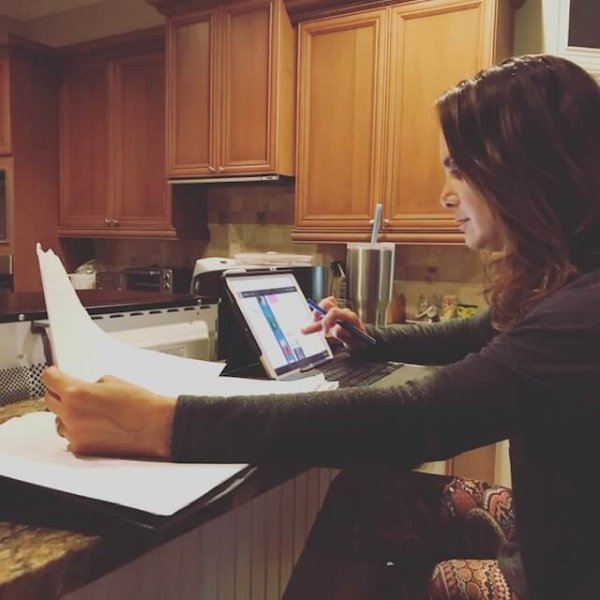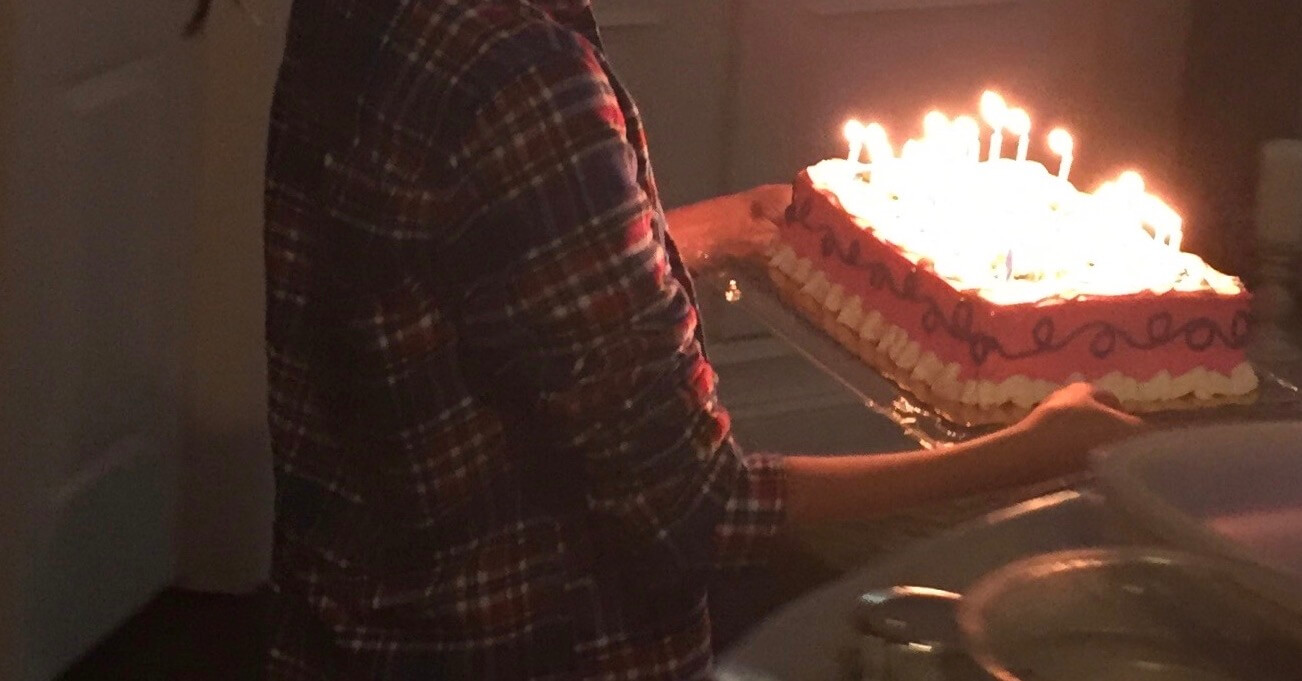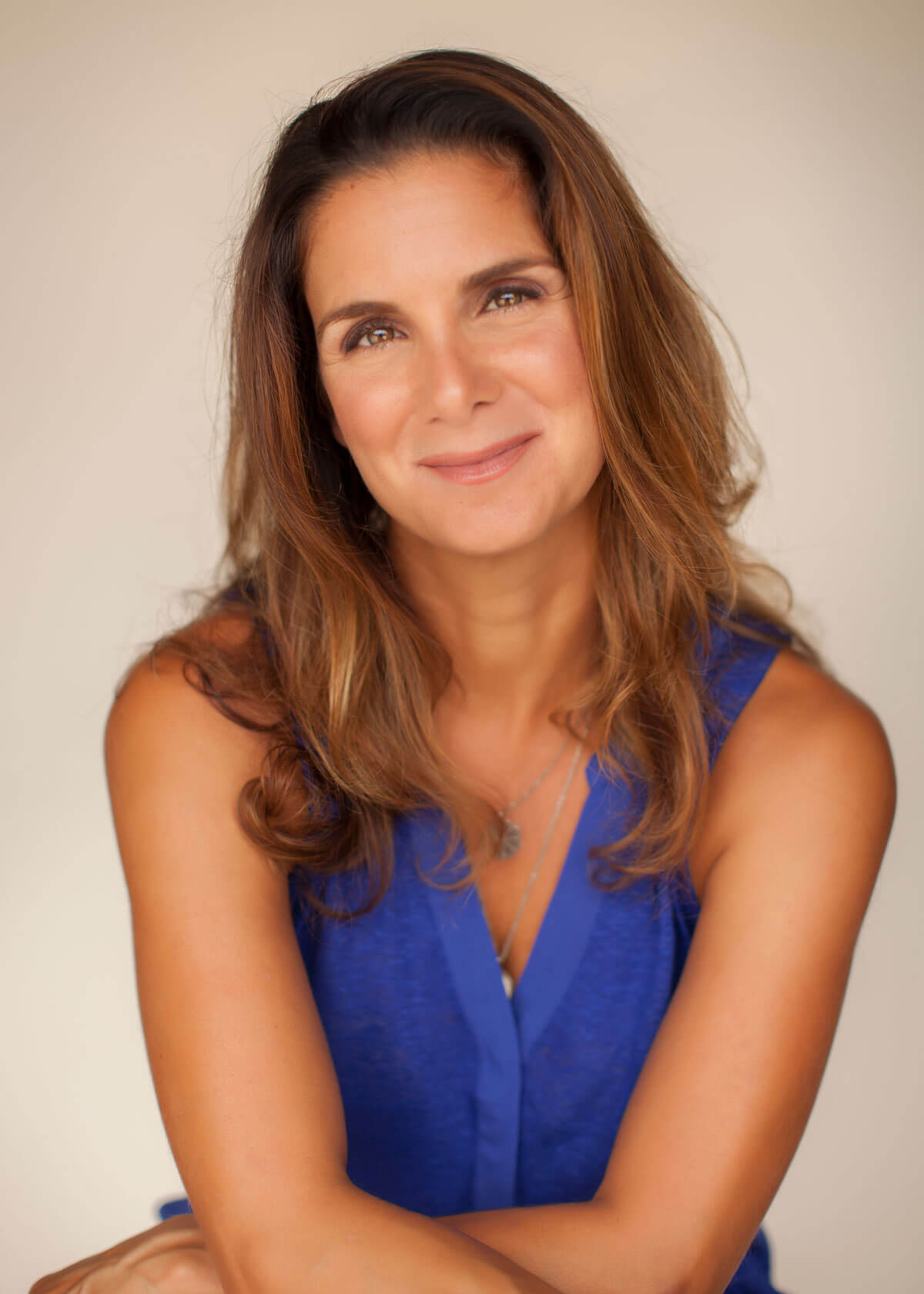Hello Readers. I decided to start an (irreverent) advice column to answer the many questions that I get on a regular basis. Here is my first attempt.
“What do I do with the negative emotions that I’m experiencing during my infertility journey? I feel like I lose it all of the time, spending my days getting upset, reactive or angry.” —Claire G.
Dear Claire,
I have curly hair. This is both a blessing and the bane of my existence, depending on the day and my mood. If you have curly hair, you know that it can get very big and unruly and hard to hide. I have spent the decade of my 20’s trying various methods of taming it: braids, hiding it under hats, blowing it dry section by section. I have paid inordinate amounts of money on hairstyles that supposedly emphasize my natural curls and have come out of the salon thinking I looked pretty good. That is, until I notice a very similar-looking style on a dog leaving the pet grooming salon. I still spend a silly amount of time brushing it into the perfect ponytail that I see well-groomed, not-sweaty people wear on Instagram, only to go outside in the humidity and realize that the short hairs on my forehead have curled up in less than 5 minutes.
I have a drawer full of products to tame my hair or make it look like someone else’s. These work, sometimes for 5 minutes (if the weather is particularly bad that day) or for a whole day (this is bliss, but only happens one month out of the year or if I stay inside a climate-controlled room where only a few people get to see my hair masterpiece anyway).
So, I gave up trying to manage or tame my hair. Some days, when I really can’t deal with it, using a product or shoving it under a hat is best for me. Most days, though, I allow it to be in its natural state while I continue with my day. In time, I realized that having curly hair is part of me, but it doesn’t capture the essence of me, it’s just something sitting on my head. I can’t let it distract or deter me from going toward my personal or professional goals. My job often involves people seeing me, either via Zoom or giving presentations or teaching in front of a group. Showing up looking like a freshly-groomed poodle is distracting to all of us, at first, but in time we all just ignore my hair and listen to what I have to say.
Why am I telling you this? Because my curly hair represents your big emotions: fear, shame, anger, sadness. Like my curls, these emotions don’t capture the essence of you, they are just words and thoughts that are sitting in your head. Maybe your ‘braid’ consists of tightly-woven emotions, thoughts and feelings that you want to suppress, but then the tightness starts to cause headaches, so you unravel the braid and now you have messy hair and a headache. Maybe your ‘hat’ is the mask that you wear when you want to pretend that you are ok with the helplessness and frustration that often is generated by an infertility cycle.
You probably have a drawer of ‘products’ too because, well, some days you just want a quick way to feel good. Your drawer might contain junk food or wine or Netflix or mindlessly scrolling social media. These ‘products’ make you feel good for 5 minutes or a full day. But they don’t change the fact that you have curly hair.
You need to let your hair down while going through your journey. By this, I mean that you need to realize that you are a deeply-feeling person in a messy and challenging situation. Your feelings aren’t ‘good’ or ‘bad’. They are just part of you. Trying to suppress them is both futile and exhausting, so let them be and use your time and energy on what you need to do to be your best self that day or to accomplish your goals. Like the curly tendrils that escape from my ponytail, you might notice a particularly annoying or persistent emotion, at times, that is trying to get your attention. Notice it. Acknowledge it. Slap some hair gel on it or bobby-pin it if you need to in order to get through your day and realize that that was the best action or strategy for you at the time. Similarly, don’t base your day or self-worth on the fact that you felt angry and acted on it.
Most of us think that our big emotions can hurt, harm or kill us unless we do something about them, but this isn’t true. In fact, our brain processes emotions very quickly (in about 90 seconds) when we don’t attach or tether them to a story or allow them to play on an endless loop in our heads. It might seem counterintuitive, but let them be. If particularly painful, sit with them, notice what they feel like in your body and how it feels to let them go. Allow them to co-exist with the behaviors and actions that help you feel productive or powerful. It might surprise you to know that there is room for everyone.
So now you know my secret: every time you see me with straight, beautiful hair, just know that the curls are lurking, just waiting to come out. If you see me with crazy, curly hair, then that day I clearly didn’t care to spend the time taming it. But guess what? I can be the best damn me regardless of hair or humidity and you can too.
Warmly and Wildly,
Monica










